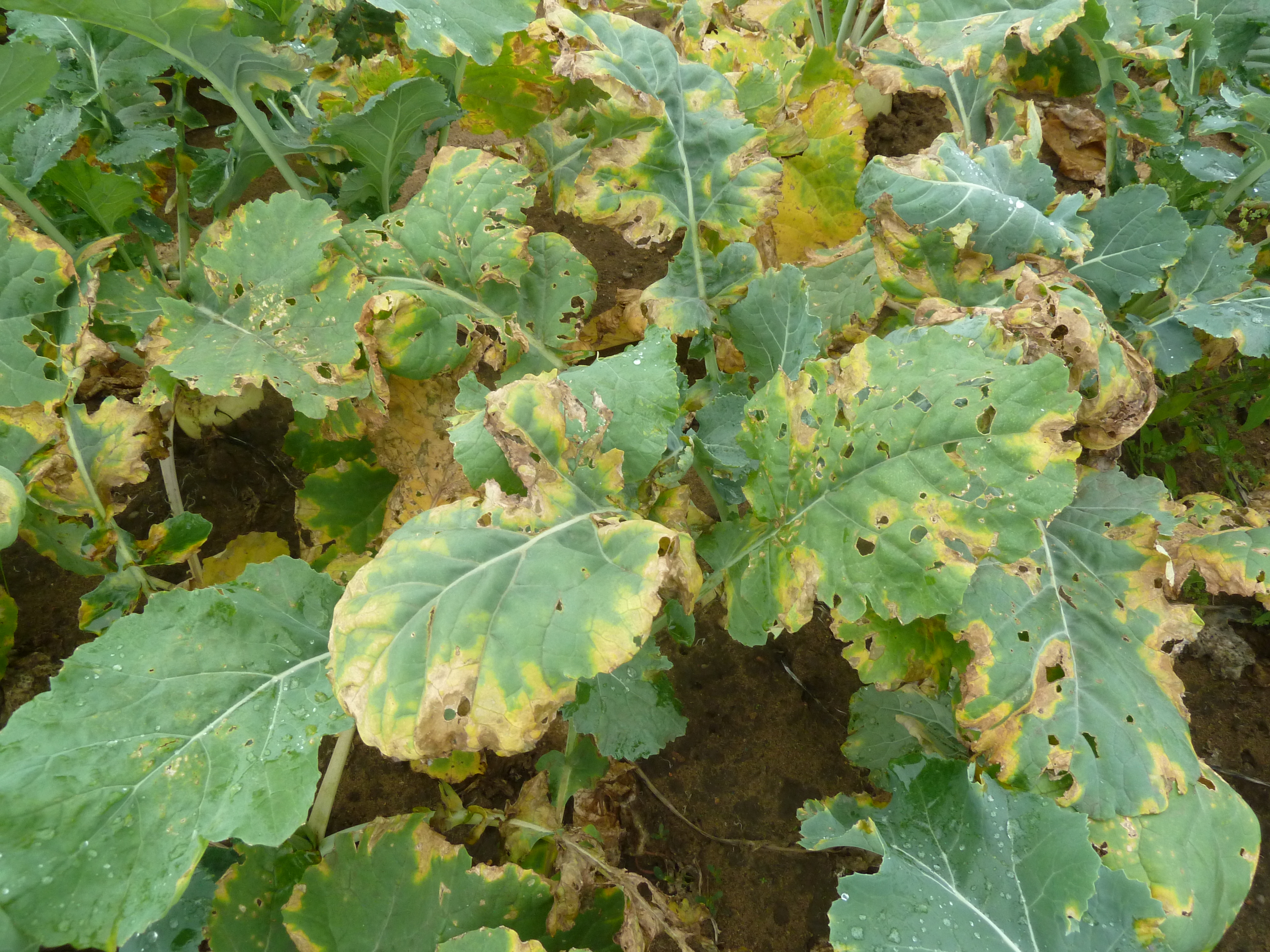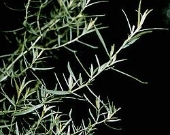
 3
3




 4
4




"When the whole world is running towards a cliff, he who is running in the opposite direction appears to have lost his mind." C.S. Lewis
Visit https://themaineingredient.com for organic, premium dried culinary herbs that are grown, processed, and packaged in the USA.

 2
2




How Permies works: https://permies.com/wiki/34193/permies-works-links-threads
My projects on Skye: The tree field, Growing and landracing, perennial polycultures, "Don't dream it - be it! "
 3
3




 1
1




Emily Sorensen wrote: and most of them have big black mold spots all over the leaves.
Can they survive that? Do they still have a chance of making seeds in the spring?
.
Invasive plants are Earth's way of insisting we notice her medicines. Stephen Herrod Buhner
Everyone learns what works by learning what doesn't work. Stephen Herrod Buhner












 2
2




Emily Sorensen wrote:Let's see . . . Ilse of Skye . . . you're in . . . 8b? That's not that far off from my growing zone. I'm in zone 7b.

How Permies works: https://permies.com/wiki/34193/permies-works-links-threads
My projects on Skye: The tree field, Growing and landracing, perennial polycultures, "Don't dream it - be it! "
 1
1









|
Tongue wrestling. It's not what you think. And here, take this tiny ad. You'll need it.
Learn Permaculture through a little hard work
https://wheaton-labs.com/bootcamp
|




